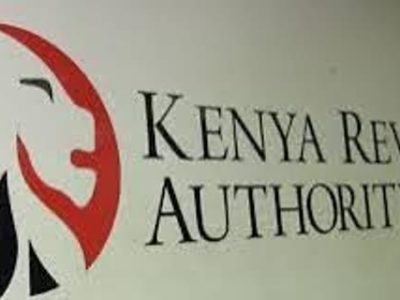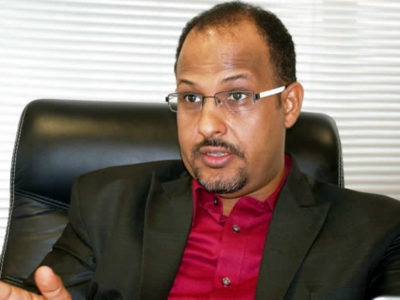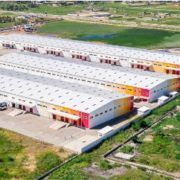By Chinedu James
The Association of Telecommunications Companies of Nigeria (ATCON) has asked for harmonisation of all taxes by the federal ministry of finance to end Nigeria’s brutal multiple tax regime even as the association also wants telecom levies plowed back to the sector and the larger economy.
The President of ATCON, Mr. Olusola Teniola who recently made the statement in Lagos decried the high increase in multiple taxations currently bedeviling the telecom industry.
Multiple tax regime is killing operators and it’s a signal for investors to be wary, warned Teniola in a telephone conversation with IT Edge News.
The ATCON president said it was important that the annual tax fee of about N450 billion paid to the Nigerian government be effectively used to improve the telecom sector.
“IF THE TAXES ARE HARMONISED, THE FEDERAL GOVERNMENT CAN DISTRIBUTE TAXES PAID AT THE FEDERAL LEVEL TO THE STATE AND LOCAL GOVERNMENT.”
According to the ATCON President, the taxes include statutory taxes such as corporation and pay-as-you-earn (PAYE), Right of Way (RoW), annual operating levy, custom duty and stamp duty all amounting to over N450 billion paid in the last five years.
“Currently the industry pays 38 different taxes to the Nigerian government, and the fact remains that, of the 38 taxes, only 10 are applicable to the industry.
“Corporate taxes and PAYE represent N200 billion out of the N450 billion we pay annually. This extra N200 billion we are paying can be used to effectively roll out our networks and improve quality of services,” said Teniola.
He further stated that in order to stop overtaxing in the telecom industry, the ministry of finance needs to step in and work towards the harmonization of taxes.
“We call for harmonisation of all taxes in our industry by the federal ministry of finance; if it is done, things will be better. If the taxes are harmonised, the federal government can distribute taxes paid at the federal level to the state and local government.
“That way, state and local governments will stop asking for money that is not even paid at the federal level. Likewise, local government should go to the state to request for its share of taxes paid by the industry,” he said.































